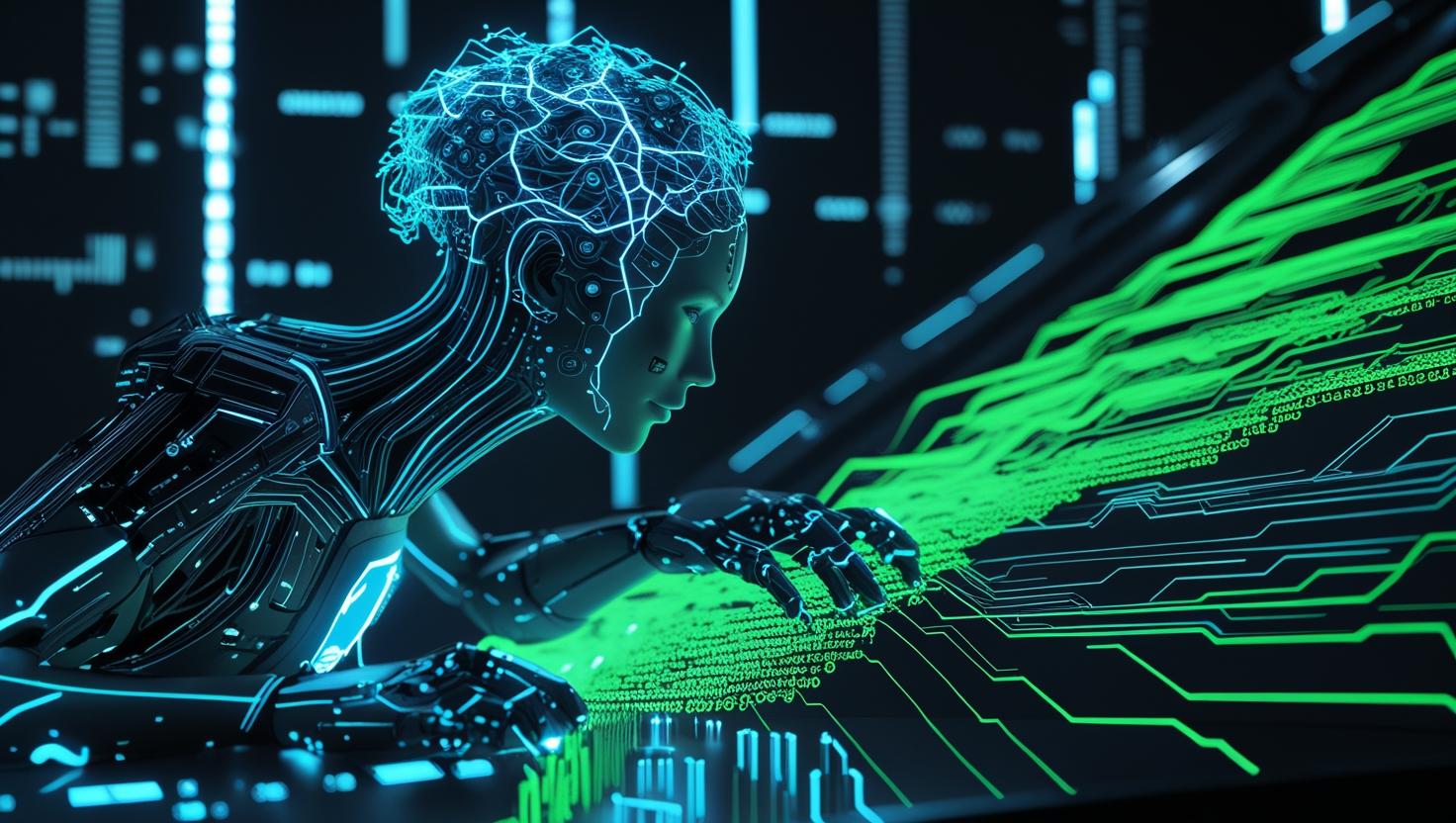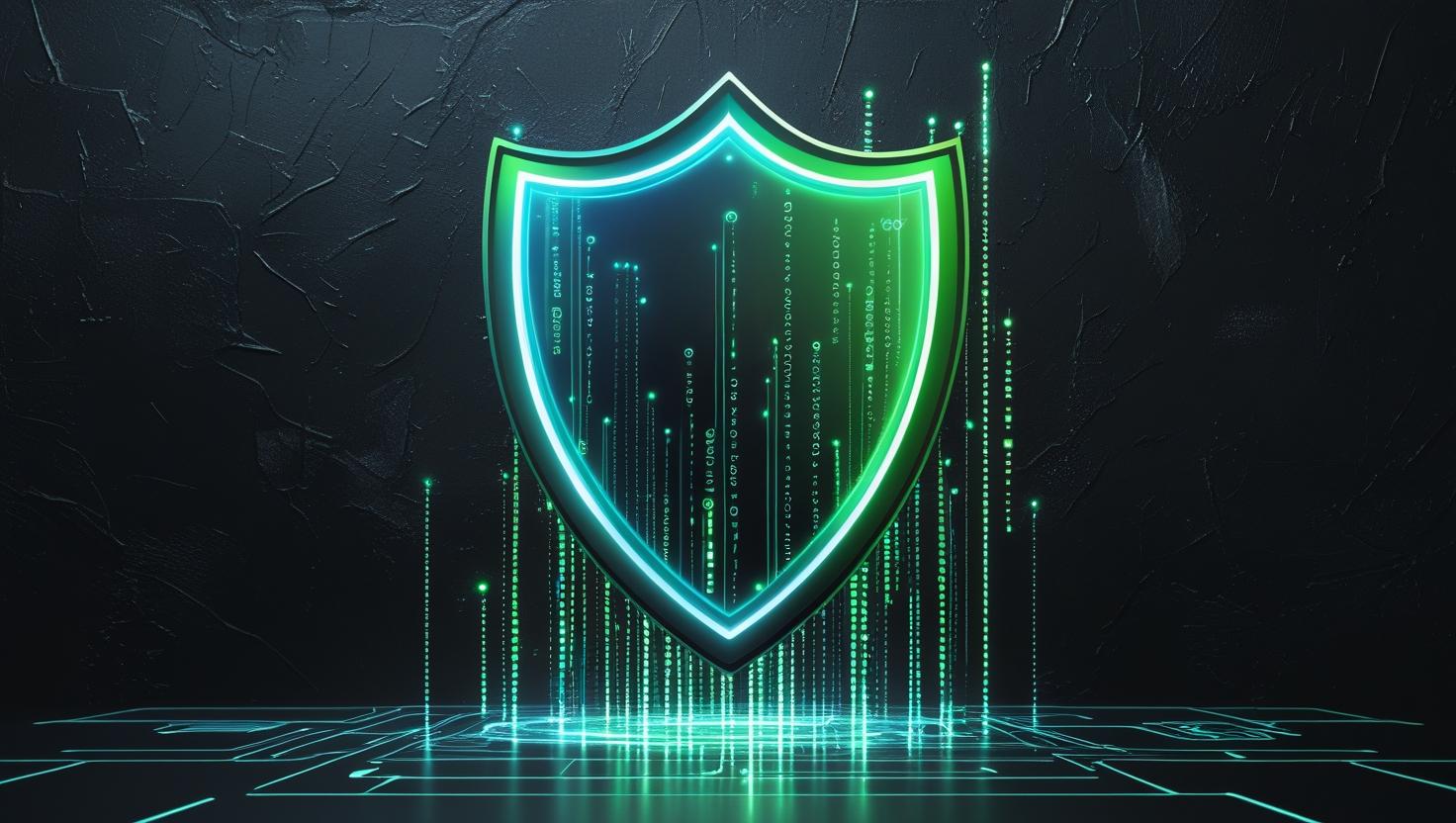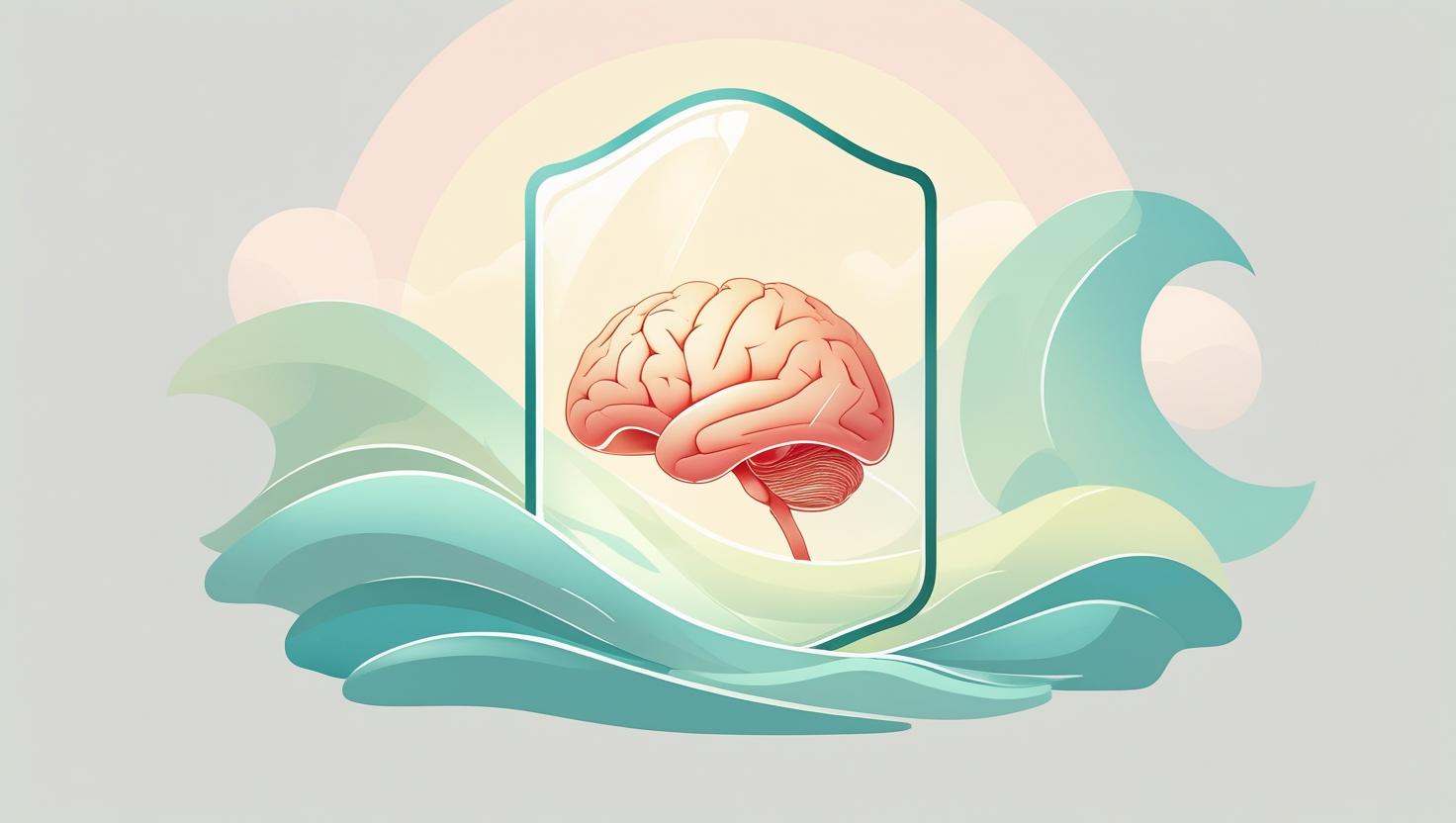Artificial Intelligence is evolving at a rapid pace, and one question continues to echo through the tech world: Will AI replace programmers? With the rise of tools like ChatGPT for coding, many developers are wondering if their roles are at risk—or if these tools will become their greatest allies.
Understanding the Capabilities of AI in Programming
AI systems, particularly those based on large language models (LLMs) like ChatGPT, have shown remarkable capabilities in understanding and generating code. These tools can now:
- Auto-complete code snippets
- Suggest bug fixes
- Generate entire scripts and functions
- Convert pseudocode into real code
- Explain complex logic to beginners
However, despite these powerful features, AI coding tools are not yet fully autonomous. They lack the nuanced reasoning, architecture planning, and problem-solving capabilities that experienced developers bring to the table.
How Is ChatGPT Used for Coding?
ChatGPT for coding has become a go-to assistant for millions of developers. From writing functions in Python to debugging JavaScript, it’s capable of understanding context and providing relevant solutions.
Here’s how developers are using ChatGPT today:
- Learning new languages: Novices use it to practice syntax and concepts in Python, Java, Rust, etc.
- Code reviews: Developers input code blocks to get insights, suggestions, and improvements.
- Boilerplate generation: Quickly scaffold code for React apps, API endpoints, or backend scripts.
- Automating small tasks: Such as writing unit tests, cleaning up code, or parsing JSON data.
Limitations of ChatGPT and AI Coding Assistants
While ChatGPT seems magical, it still comes with several limitations:
- Lack of true understanding: It generates based on patterns, not comprehension.
- No real-time environment awareness: It can’t access your local files or runtime context unless you provide it explicitly.
- Security concerns: Code generated may be insecure or contain subtle bugs.
- Limited architectural vision: ChatGPT can help with functions but can’t plan complex systems alone.
So, while AI can assist in coding, it cannot fully replace a senior software architect or engineer. At least, not yet.
Will AI Replace Programmers in the Future?
This is the million-dollar question. Many experts believe AI will not *replace* developers, but it will *augment* them. Much like how IDEs and Stack Overflow changed how we code, AI tools like ChatGPT will transform workflows—not eliminate them.
Instead of writing every line of code manually, programmers will become more like code orchestrators—instructing AI what to build and then refining or debugging its output.
“AI won’t replace developers, but developers using AI will replace those who don’t.”
This sentiment reflects a broader truth in tech: tools evolve, and those who adapt win.
Benefits of Using ChatGPT for Software Development
The integration of AI into development workflows brings many advantages:
- Faster prototyping and MVP development
- Reduced cognitive load for repetitive tasks
- More accessible learning for beginners
- Real-time documentation and code explanation
These benefits are reshaping how individual developers, startups, and even enterprise teams work on software products.
The Human Edge: What AI Can’t Replace
Despite its power, AI lacks key human qualities that are critical to high-quality software development:
- Empathy: Understanding user pain points and building thoughtful UX/UI.
- Innovation: Dreaming up completely new paradigms, not just iterating on existing ones.
- Team collaboration: AI can’t replace the creativity that comes from live brainstorming, feedback loops, or Agile practices.
- Ethical reasoning: Deciding what *should* be built, not just what *can* be built.
These soft skills will remain the backbone of successful software teams, even as AI continues to evolve.
Job Landscape: Will Developers Still Be in Demand?
According to U.S. Bureau of Labor Statistics, software development jobs are projected to grow by over 25% from 2024 to 2030. The rise of AI is creating demand for:
- AI engineers
- Prompt engineers
- DevOps and automation experts
- Ethical AI consultants
Instead of replacing programming jobs, AI is actually creating new categories of employment and upskilling opportunities.
How to Future-Proof Your Programming Career
To thrive in this new era of AI-augmented programming, here’s what you should focus on:
- Master the fundamentals: Logic, data structures, algorithms—these never go out of style.
- Understand AI tools: Learn how to effectively use ChatGPT, Copilot, and other coding assistants.
- Develop soft skills: Communication, collaboration, and creative problem-solving will set you apart.
- Stay agile: Be ready to pivot your skills toward emerging tools and frameworks.
With the right mindset and adaptability, AI becomes a tool—not a threat.
Embrace AI, Don’t Fear It
Will AI replace programmers? Not anytime soon. But it will change how we work. Tools like ChatGPT for coding are powerful assistants, not threats. The future belongs to those who know how to collaborate with AI, learn continuously, and add the human touch machines can’t replicate.
Stay ahead of the curve—embrace AI, and code smarter, not harder.



